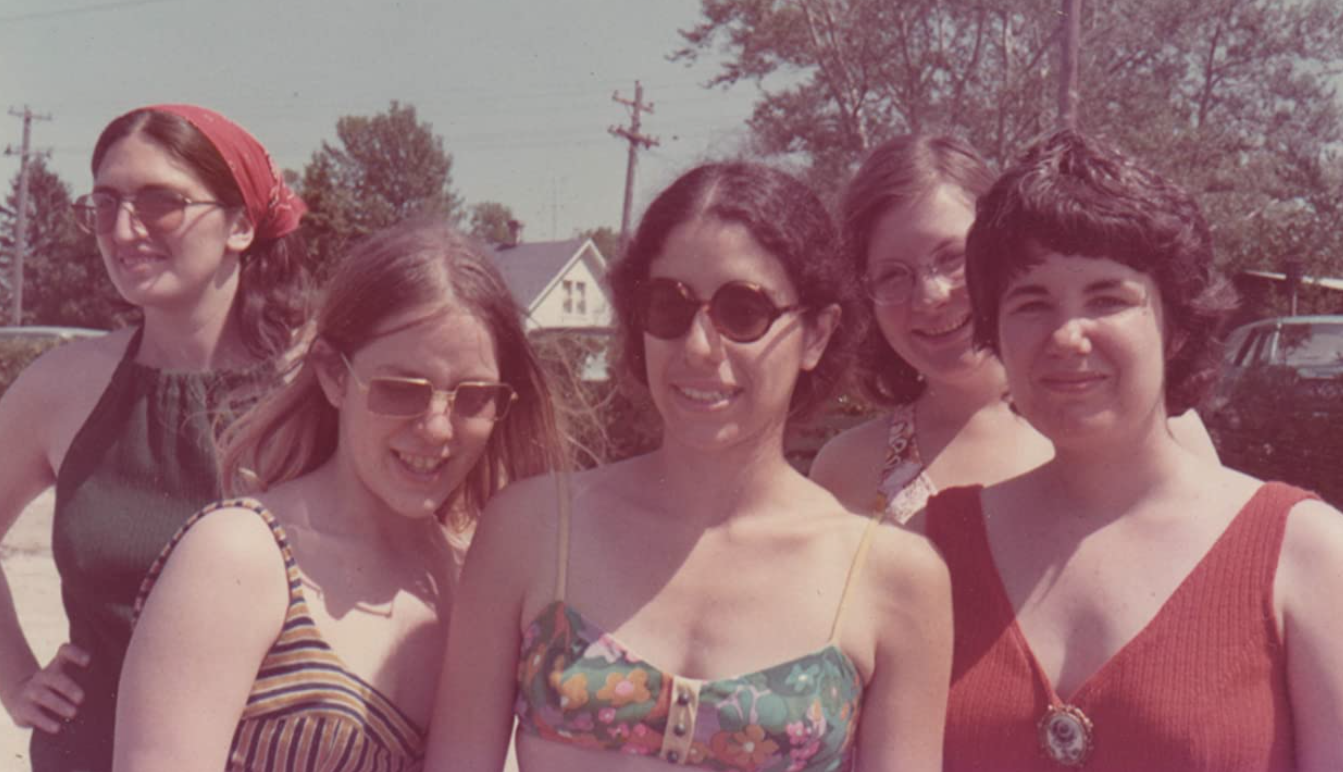by Eurocheese

"The Janes" are a popular topic at the Sundance Film Festival this year, and given the way women’s rights are under attack in the US today, their story remains relevant. Earlier in the festival, the fictional Call Jane highlighted one woman’s story when she became involved with this group. In The Janes, documentarians Tia Lessin and Emma Pildes show the real women who lived this history, detailing the backstory of this group and showing us what a future with restricted women’s rights might look like...
The Janes came together during the 1960s’ sexual revolution, when it was clear that men were taking center stage in the various fights for equal civil rights. Many of the women who became Janes recounted stories of friends or their own experiences where they were in physical danger trying to seek out abortions on their own – not only being legally threatened, but potentially being at the mercy of abusive or unqualified abortionists. The group came together stating that it was not their job to judge women, but to provide them with a safe alternative these grim circumstances. What started in Chicago as a word-of-mouth campaign began to grow, with demand for their services eventually spreading beyond state lines.
Some of the issues these women faced are fleshed out as they discuss the impact of income inequality, and how that tied into racial inequality in how their services were distributed. Along with the founders of the group, the audience hears from the man administering abortions safely for the organization, who was motivated by profit and wasn’t actually a doctor, and a policeman with the homicide squad in Chicago who was forced to crack down on the group, who eventually participated in the raid on their facilities. Lessin and Pildes show how counseling groups and even doctors began referring women to the Janes because they were the most reasonable option. The Janes tell stories about why the work was important to them, and how legality didn’t deter them.
The film ends on a pointed note, with the group’s conclusion tied to Roe v. Wade passing in the Supreme Court. They tell us how they were happy to disband because they had done their job – they had found a way to help women in their hour of need until someone else was able to step in. While the film doesn’t feel the need to double down on its point and start preaching, the indication is clear: The Janes thought they had won the fight on women’s rights. But 50 years later the war still rages on. Do we want to return to an era of unsafe practices and underground, illegal alternatives?
This documentary allows stories to speak for themselves and puts the audience in the shoes of its protagonists. It should be part of any modern discussion on women’s right to an abortion. The pacing of the film isn’t perfect, and there are times when it feels repetitive, but that also makes a significant point – these dire situations happened over and over again. Will a new iteration of The Janes be stepping up in the future to help women in need? Only time will tell. B
The Janes will premiere later this year on HBO.